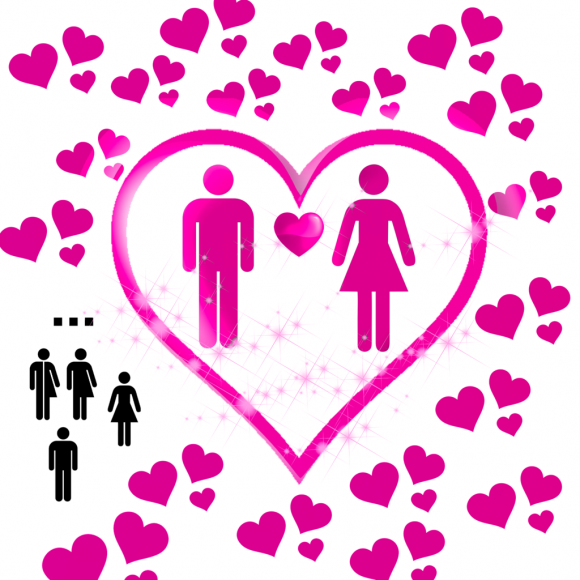Valentine’s Day Pushes the Stereotypical Gender Roles in a Relationship

https://www.cuindependent.com/2020/02/12/opinion-valentines-day-not-love/VAl
Valentines day can push harmful stereotype.
February 14, 2023
Valentine’s Day, originating from the story of a patron saint, has become a consumer-based holiday promoting romance with the hidden reinforcement of gender roles and heteronormativity. As an homage to courtly love, Valentine’s day preaches romance where the man finally expresses his emotions and takes the woman on a beautiful date, showering her with love and kindness, and she rewards him by looking her best.
This is identified in commercials where the man forgets the holiday and has to execute an outwardly last-minute romantic gesture that knocks the woman off her feet and causes her to forget about her anger.
This is only one example of the countless patriarchal relationship roles that push the idea that men can present women with a romantic gesture and all is well, she is his, and then women are supposed to blindly forget about anything unacceptable the man has done because he gave her a gift.
This promotes misogyny and transphobia, leaving relationships stuck to a man/woman box with the image that other people want for relationships, ignoring that not everyone loves in that stereotyped way, or identifies with something suitable for society’s stereotyped roles.
Although Valentine’s Day centers around expressing your feelings and claiming your feelings for one another, television and merchandise press heteronormativity, and we observe this growing up while watching Valentine’s Day rom-coms that highlight men as the predators, finding a woman and claiming her with a gift while women are expressed as the prey, doing their best to sit and be desirable, waiting to be chosen.
From a young age, men are taught to push away their feelings every other day of the year except for Valentine’s Day, forcing them to be masculine and fitting to the centuries-old roles that were assigned to their sex while women need to be the portrait of the ideal delicate and feminine homemaker. This forgoes any gender identities other than male/female that someone identifies as.
Furthermore, it’s important to remind yourself that equality is an important factor to bring into Valentine’s Day whether you’re in a straight or queer relationship, it’s beneficial to know that there shouldn’t be only once a year you plan a romantic day for your partner and it shouldn’t be limited to a man’s role, especially since not all relationships have men involved.
Feelings impact the majority of people on the planet, everybody should be given the opportunity and environment that provides them with the comfort to express them. What should be special about Valentine’s Day is the equal role in any relationship that reminds each other of their connection and importance to the other.
The act of reminding one another will help strengthen a relationship and lead to a healthier relationship, where everyone is participating, communicating, and allowing the romance to thrive, without the gender role stereotypes that a century-old societal rule says that we need to have, but in the end, society doesn’t define your relationship; you do.
Reinforcing gender roles by pushing the feminine and masculine stereotype in a relationship is toxic to the LGBTQ+ community and any relationship that doesn’t fit this quota. Instead of preaching the stereotypical heterosexual relationship, it’s important to acknowledge the different relationships and binary expressions that exist nowadays.
Instead of assigning roles to one another, to maintain a healthy relationship, it’s vital to share the roles of giving and receiving to find comfort in one another.
Relationships shouldn’t be limited to women and men together and the idea that queer people aren’t represented in innumerable Valentine’s Day movies or shows is harmful and will only encourage homophobia and misogyny.





